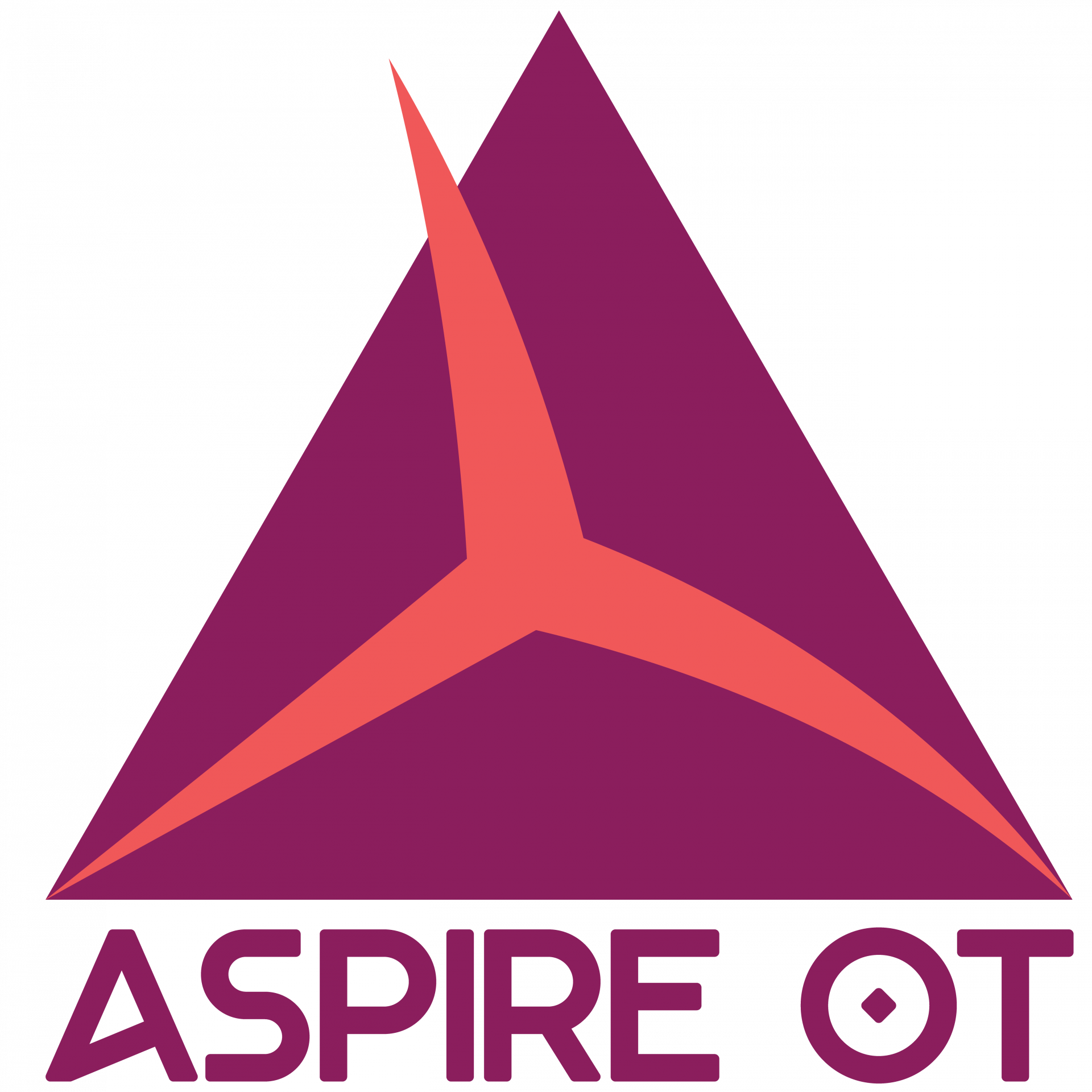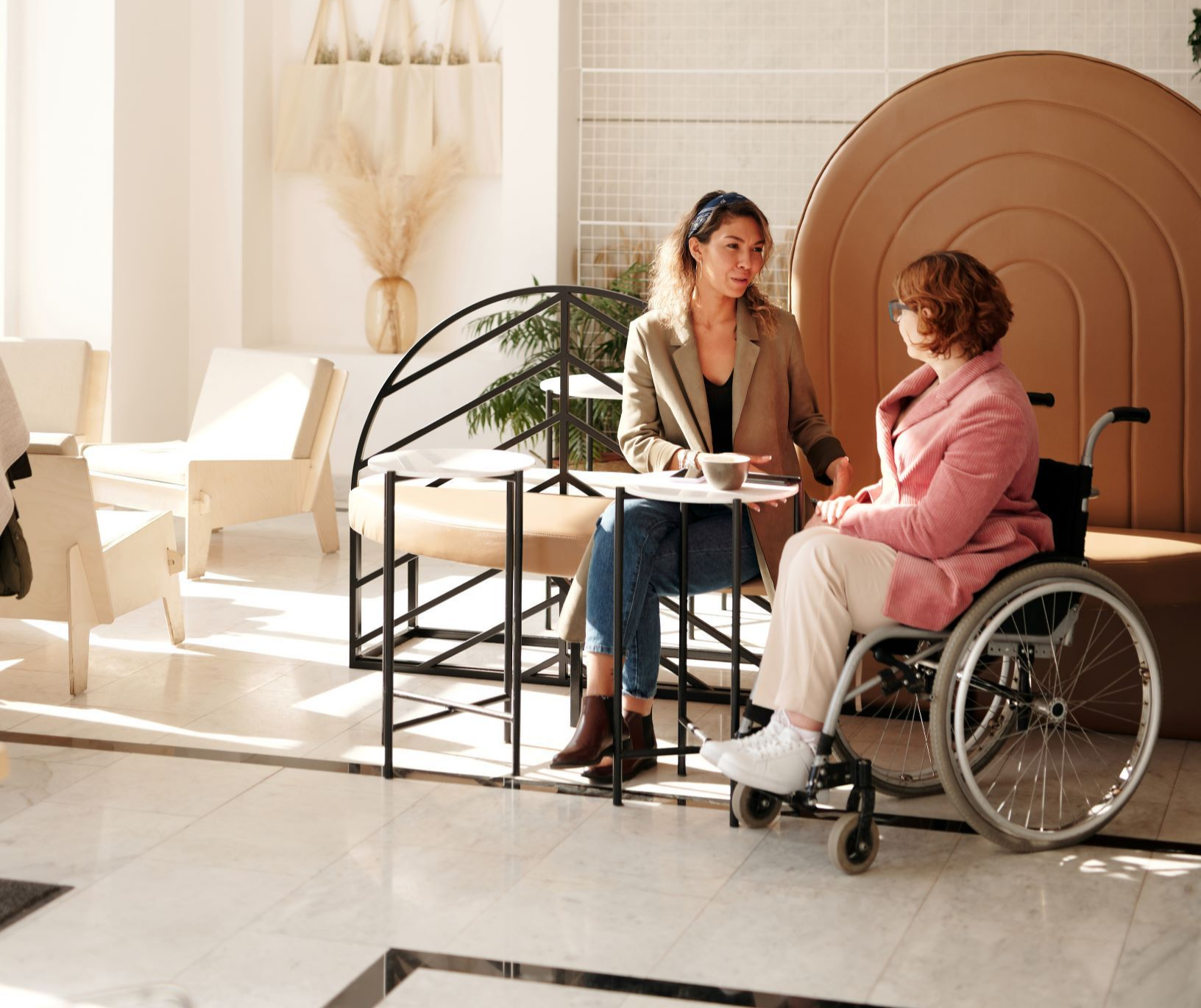I have been an OT for 50 years now. That means I have lived a lot of life. Everyone experiences trauma, whether in the experience of losing a first pet, a romance breakup in high school, a very bad grade on a test, whatever. Unfortunately, many of us experience more significant trauma. We know that 1 in five people will be affected by mental illness in their lifetime. And we know that the people who love those with mental illness will experience trauma as they work through what is happening to their loved one. When someone has a substance use disorder, we know that at least five people within the person’s circle will experience trauma and likely become co-dependent. Whether we like it or not, trauma is part of the human condition.
I have unfortunately experienced significant trauma in my life that has impacted my work as an OT practitioner. However, because I am aware of trauma and its impact, I have been able to use my experiences while using therapeutic use of self. It has increased my compassion and ability to listen.
When I was married to my first husband, I was not aware that he was an alcoholic, and he was not diagnosed with bi-polar II until after our divorce. Married for 17 years with three children, each of us were continually put down and harassed. I wanted out for my kids and myself, but every time I would bring it up, he would threaten to take the kids so I would never see them again. I was afraid.
One of the things he did that was really annoying was urinate in the corner of the bedroom. The first time it happened, I contacted a friend of mine who was a nurse practitioner and asked he indignantly what to do. She told me, “Oh Peggy, that’s not a problem. When my husband drinks too much, I just put down newspaper, so it’s easier to clean up”. Looking for help, I was being told that I was not a patient and nice enough wife.
One night while he was urinating in the corner, I woke up and said, “Can’t you just use the bathroom? It’s only ten steps away!” He went into a rage, said he was going to kill me, picked me up, and threw me across the room into the wall. I staggered up and ran downstairs. Lucky for me, he passed out on his way chasing me. I did what any person in denial would do – I called my sister who lived hundreds of miles away and cried.
Trauma. It was horrible. So then, how did I go to work and function as an OT practitioner? I went and revisited the things you must do when you experience trauma. I found a therapist for both of us to go to. I talked to my pastor for support. I confided in a few of my friends, who provided support. I worked, and since my work with people with disabilities was so rewarding, I took self-esteem from that. I got counseling for the kids, and of course, eventually got out of that marriage. I didn’t do the one thing I should have done, which was call the police. I was just in too much denial that I, a college educated middle class woman could possibly be a battered woman.
Fast forward. I have continued to work in mental health the rest of my life and have learned so much about myself and my practice. I have learned NOT to share this experience with others that I am treating. It doesn’t help them. But it does help to say, “I was in a similar experience in the past, and I understand. How did you feel? What did you do? How do you feel about what you did then? What are you doing now to help yourself cope with the traumatic memories and experiences?”
Happy story – now remarried 32 years to the love of my life, children grown and doing great, I look back and understand how that trauma shaped each of our lives, and how we were able to rise above it while coping with our past trauma. And it helps me understand.
When fellow therapists disparage a battered woman, I can explain how I got there, and how I got out. When I work with a battered woman, I can listen and express compassion in a whole new way. Trauma doesn’t have to destroy us. It can actually be a springboard to a fuller life. We just have to learn how to deal with it.
The memories will never go away. Never. But today, life is awesome. And I remind people all the time…. there is hope after trauma. As an OT practitioner, if I can bring hope to my clients, then I have given them a huge gift.



